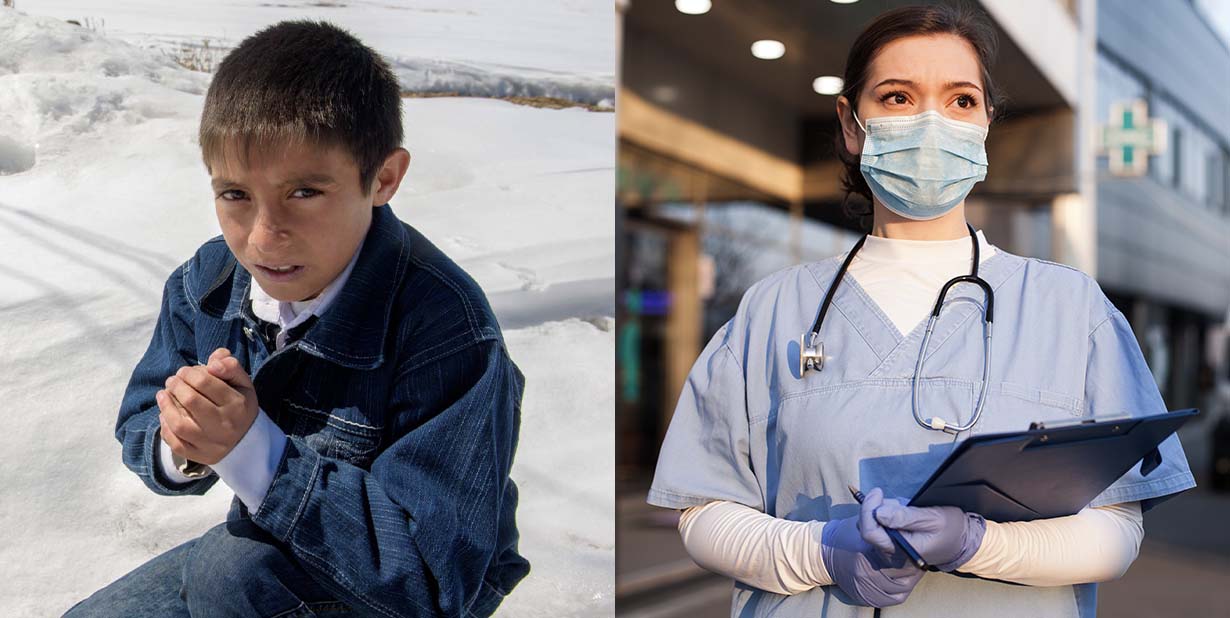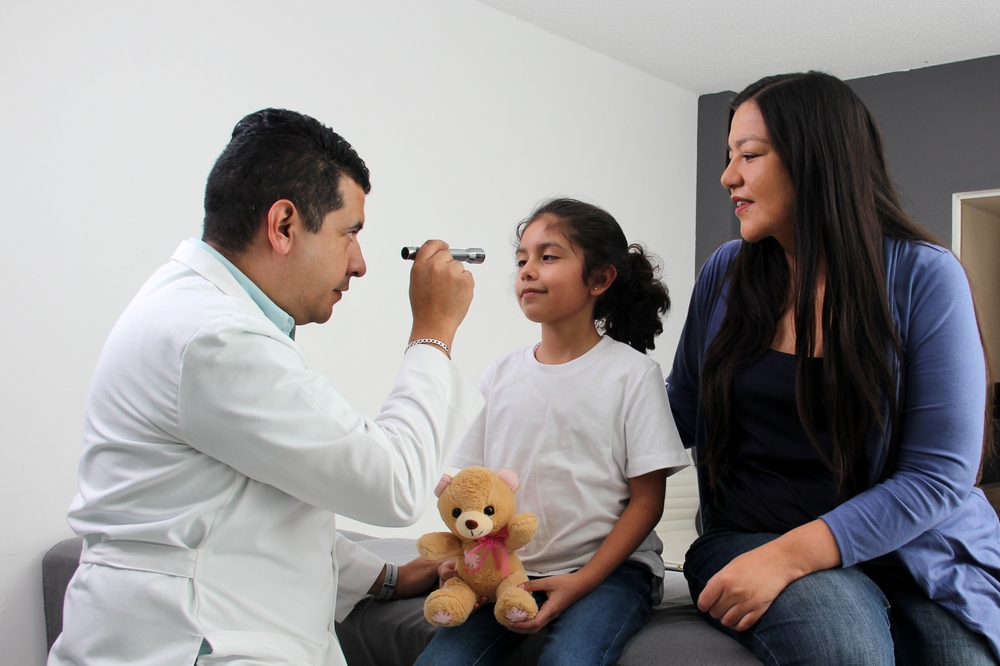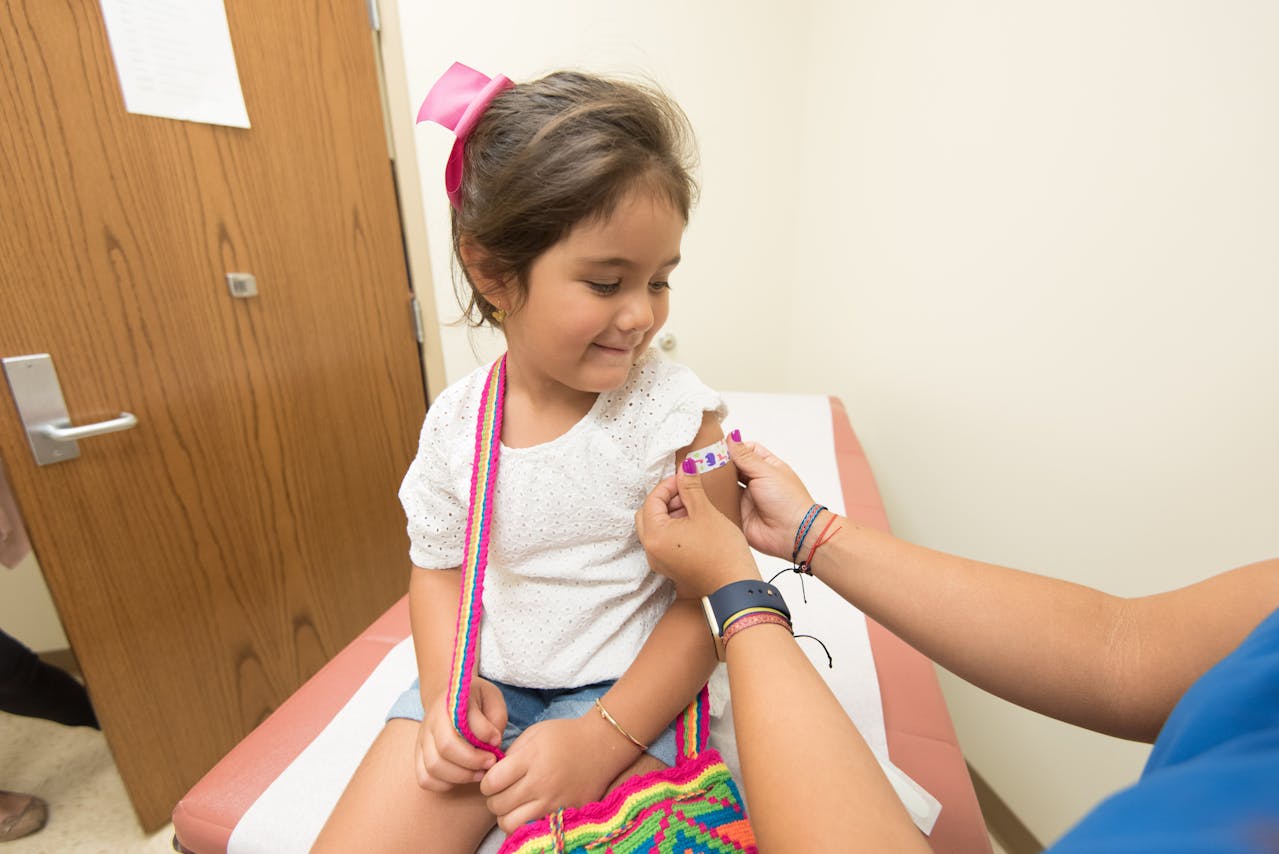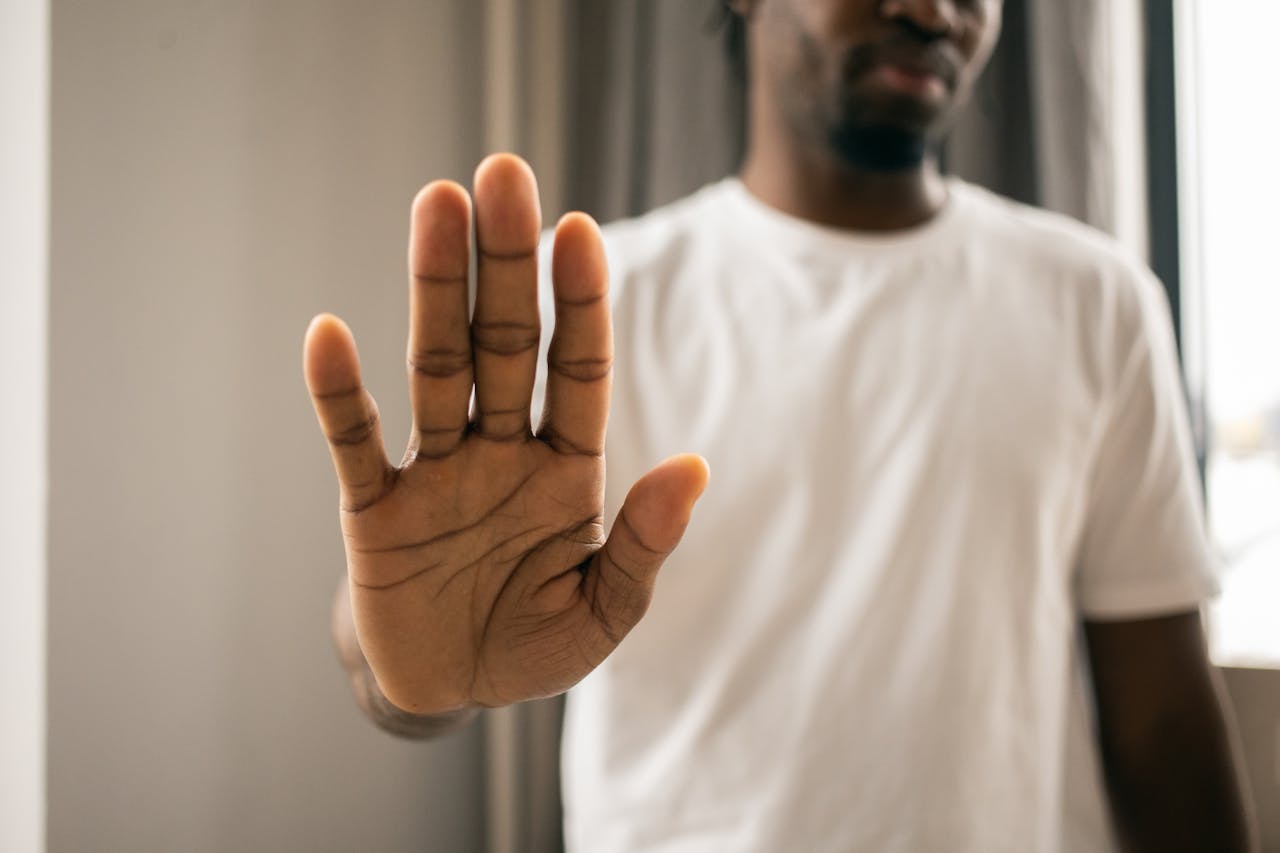Is it true?
There’s countless advice out there about what to do for colds and flus, what causes them, and how to prevent them.
This article debunks the most common myths associated with colds and flus, and gives a bit of insight on how we affected by them each year.

Cold & Flu Stats for 2024
Before we dive into the myths, let’s explore some actual data.
According to the CDC, influenza is a contagious respiratory illness that affects nearly 8% of the U.S. population annually.
Flu Statistics in the U.S.
New Mexico and New York have the highest number of reported flu cases for the 2022-2023 season thus far, reports the CDC.
The flu resulted in 140,000 to 710,000 hospitalizations and 12,000 to 52,000 deaths annually in the U.S. between 2010 and 2020 in the U.S.
How long are you contagious with the flu?
According to the CDC, people infected with influenza virus are most contagious in the first three to four days after contracting it.
How is the flu transmitted?
The flu is transmitted through respiratory droplets of infected individuals when they sneeze, cough or talk.
The biggest risk is when people cough or sneeze into their hands and then touch another person. That other person then touches their face and transmits the droplets through their nose, eyes, or mouth.
The same can be said for infected surfaces, such as phones, tv remotes, and money.
What is a cold?
Colds are minor infections of the nose and throat caused by more than 200 different viruses. Rhinovirus is the most common cause, accounting for 10 to 40 percent of colds.
How long does a cold last?
A cold may last for about one week, but some colds last longer, especially in children, the elderly and those in poor health.
In the United States, colds account for more visits to the doctor than any other condition.
How many colds can someone get each year?
Adults get an average of two to four colds per year, mostly between September and May. Young children suffer from an average of six to eight colds per year.
Now, let’s delve into the most common myths about being sick.
Drinking milk will make your cold worse.
Milk can coat your throat and make you feel more mucousy, but there’s no evidence to suggest that it actually increases mucous production.
One of the best things for colds is to stay hydrated, so if milk is your top choice, drink away!
You should “feed a cold, and starve a fever.”
There is actually no need to stave a cold OR a fever. Eating a healthy diet, whether you have a cold or fever, is always encouraged.
Some people lose their appetite when sick, and that’s fine too. Don’t force yourself to eat, but also avoid starving yourself.
Chicken soup will make you better faster.
Studies have actually shown that chicken soup has anti-inflammatory effects in rats—but it hasn’t shown the same progress in humans (yet).
Even so, soup keeps you hydrated, and it also makes a great comfort food, so go ahead and enjoy a hot bowl of soup when you’re sick.
You can’t spread the flu if you’re feeling better.
This is absolutely not true. About 20%-30% of people carrying the influenza virus have no symptoms. Even after you think you are better, you can still be contagious. People with weakened immune systems can remain contagious for up to several weeks.
You can catch the flu from going out in cold weather without a coat, with wet hair or by sitting near a drafty window.
The only way to catch the flu is by being exposed to the influenza virus. Cold weather may weaken your immune system, allowing viruses to enter more easily—but cold weather does not cause the flu.
If you have a high fever with the flu that lasts more than a day or two, antibiotics may be necessary.
Antibiotics work best for bacterial infections, but not so much for viral infections, like the flu. However, some people develop infections—such as an ear infection—as a complication of the cold or flu.
In general, a fever is the body’s way of fighting a virus. As long as the fever isn’t out of control, it’s not a surefire sign of a need for antibiotics.
You don't need to get a flu shot every year.
The influenza virus changes (mutates) each year. So, if the flu vaccine is one you choose, getting vaccinated each year is important to make sure you have immunity to the strains most likely to cause an outbreak.
The flu is just a bad cold.
Influenza may cause bad cold symptoms, like sore throat, runny nose, sneezing, hoarseness, and cough. But they are two different viruses.
According to CDC, the 2019-20 flu season led to at least 18 million medical visits, 24,000 deaths and 410,000 hospitalizations.
Colds don’t typically result in further health problems, such as pneumonia, bacterial infections, or hospitalizations. The flu can.
Over The Counter (OTC) cold and cough medicines will cure a cold faster.
Sadly, OTC medications will not cure a cold faster. If anything, they will mask the symptoms, making you more comfortable, but they will not make you better faster.
Antibiotics will cure a cold.
As mentioned previously, the cold is a virus, and antibiotics only work against bacterial infections, not viral infections.
The only cure for a cold is time.
You can’t die from the flu.
People who have severe cases of the flu or are high risk can actually lose their life as a result of the flu.
High risk people include: babies and children under the age of 4, anyone 65 or older, pregnant women, breastfeeding women, anyone with a weakened immune system, anyone with a chronic health condition, and those who live in long-term care homes.
You won’t get the flu if you take vitamin C.
Vitamin C will help boost your body’s immune system, making it better at fighting off colds and flus. However, taking vitamins will not completely prevent the cold or flu virus from entering your body.
Staying away from sick people will keep you from catching the cold or flu.
While it may certainly help, it is important to remember that people who appear well can still carry and pass along the cold or flu virus. Not everyone who is contagious shows symptoms.
Once you get the flu, you’ll be immune to it.
Sadly, this is not true. There are numerous strains of the flu that circulates every year, and all year long. While you may build an immunity to one strain for a few months after being infected, you are still vulnerable to catching other strains.
Colds don’t cause fevers, only the flu does.
A fever is one of your body’s defense mechanisms to fight off foreign invaders, such as viruses. Both the cold and the flu are viruses, and both can cause fevers, and other similar symptoms.
You can’t really do much to prevent a cold.
Actually, there are many ways to try and avoid catching a cold—especially during the winter months when they’re more prevalent.
Frequent hand washing, disinfection common surfaces often, staying hydrated, getting enough sleep, and eating healthy are a few of the best ways to avoid getting sick.
Children should always be seen by a doctor when they have a cold.
According to the American Academy of Family Physicians, you should only be concerned about a child with a cold if they have the following warning signs:
- A cold that lasts longer than 10 days
- A fever of 102 degrees F or over
- Bluish skin
- Breathing troubles
- Earache or discharge from ears
- A worsening cough
- Seizures
- Not drinking enough fluids
Otherwise, let your child’s body fight off the virus with plenty of rest and fluids.
Breathing the same air as a sick person is the easiest way to catch a cold.
Cold viruses can travel through the air, but it is not the most direct route. Cold and flu viruses are most often spread by touching an infected surface, and then touching your face, as viruses often enter the body through the nose, eyes, or mouth.
Hugs and kisses spread cold and flu germs.
While it is suggested to keep your distance from sick people, when it comes to transmission of the virus, it is more likely to spread through the eyes and nose.
A hug or peck on the cheek is not likely to be dangerous. Snuggle those sick kids.

































